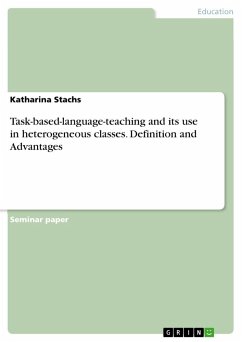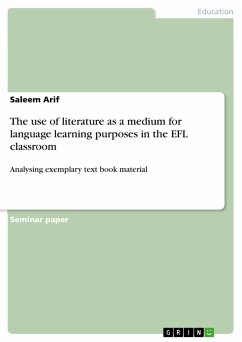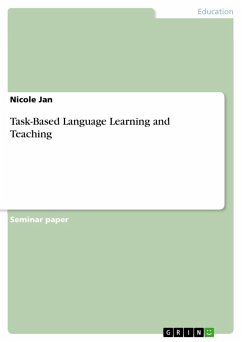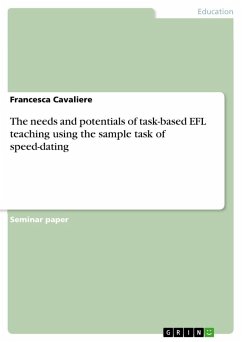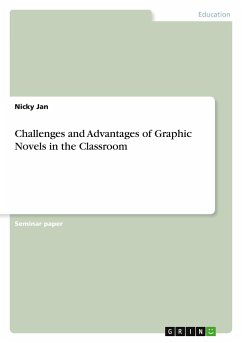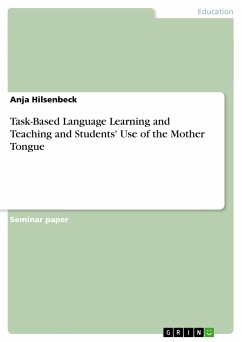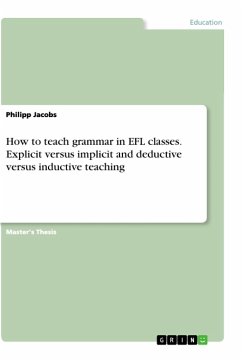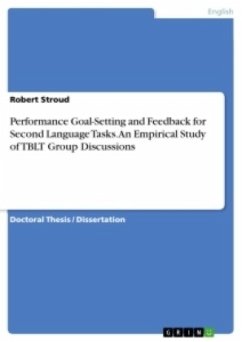Seminar paper from the year 2014 in the subject Didactics for the subject English - Pedagogy, Literature Studies, grade: 1,3, Justus-Liebig-University Giessen (Anglistik), language: English, abstract: The entire German school system is traditionally designed to homogeneity. By avoiding various class alliances, the school policy hopes to achieve an appropriate increase of performance. Mental under- and overload should be avoided by the prevention of heterogeneous learning communities; however, the usefulness of such homogeneous classes is controversial.The results of national and international comparisons of school systems, as the Program for International Student Assessment (PISA), led to a rethink in the German school system. The individual support for pupils, including their requirements for teachers, were dedicated much attention to. Most of the secondary classes are heterogeneous classes. All Students bring a variety of skills and abilities to school. In fact, it is not easy to find an appropriate methodical approach to deal with such a constellation. The first chapter provides a definition of heterogeneity and information on different factors which lead to heterogeneity in school. The second chapter reveals the attitude of a teacher in a mixed ability classroom and how he needs to accomplish teaching in a heterogeneous class. The next chapter outlines a possible approach which can be implemented in school to make a classroom a good fit for each learner. First a definition of TBLT (Task-based-language-teaching) is given, then the advantages of this approach are highlighted. Finally, the use of TBLT in heterogeneous classes is made clear. Chapter four sums up all the important points and displays possible renewals of heterogeneity in schools.

